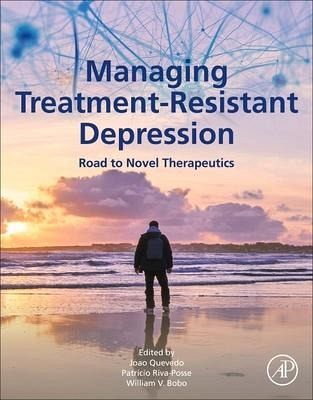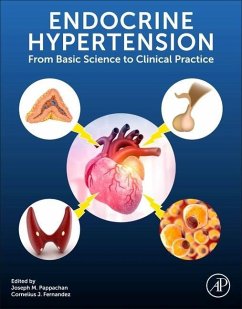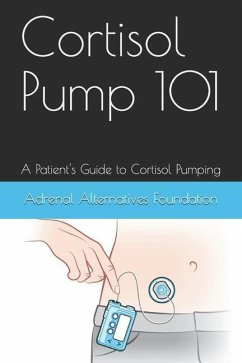
Managing Treatment-Resistant Depression
Road to Novel Therapeutics
Herausgeber: Quevedo, Joao L de; Bobo, William V; Riva-Posse, Patricio

PAYBACK Punkte
111 °P sammeln!
Managing Treatment-Resistant Depression: Road to Novel Therapeutics defines TRD for readers, discussing the clinical and epidemiological predictors, economic burden and neurobiological factors. In addition, staging methods for treatment resistance are fully covered in this book, including serotonin specific reuptake inhibitors, serotonin norepinephrine reuptake inhibitors, other classes of antidepressants, including tricyclic antidepressants and monoamine oxidase inhibitors, augmentation strategies, and newer antidepressant treatments like ketamine and esketamine. In addition, evidence support...
Managing Treatment-Resistant Depression: Road to Novel Therapeutics defines TRD for readers, discussing the clinical and epidemiological predictors, economic burden and neurobiological factors. In addition, staging methods for treatment resistance are fully covered in this book, including serotonin specific reuptake inhibitors, serotonin norepinephrine reuptake inhibitors, other classes of antidepressants, including tricyclic antidepressants and monoamine oxidase inhibitors, augmentation strategies, and newer antidepressant treatments like ketamine and esketamine. In addition, evidence supporting the use of psychotherapies and neuromodulation strategies are also reviewed. Written by top experts in the field, this book is the first of its kind to review all methods of treatment for TRD.













